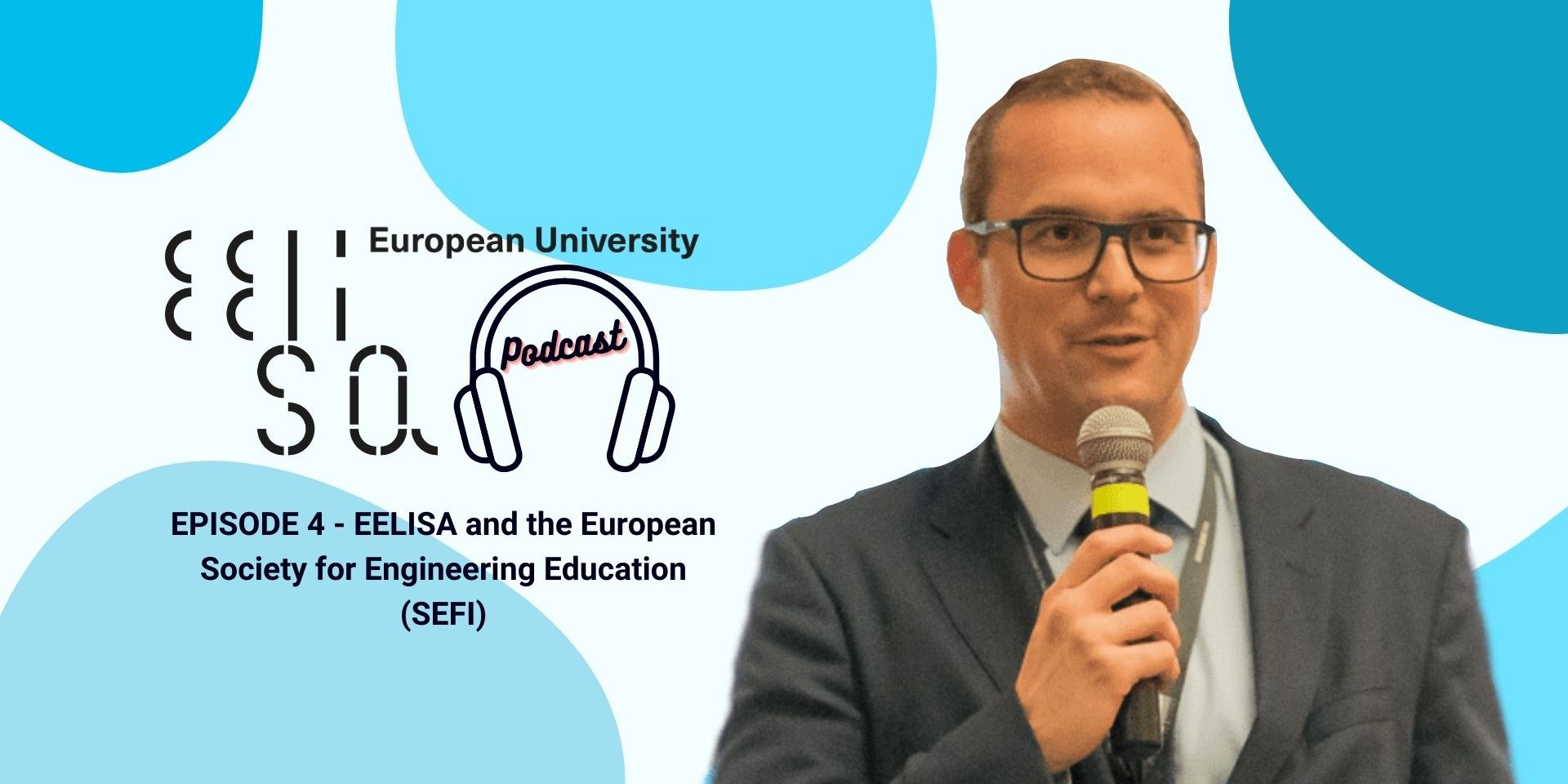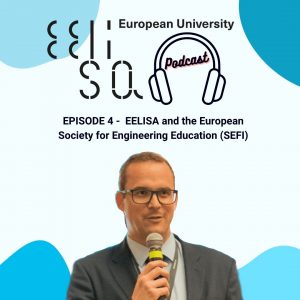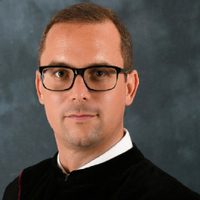From the clean water we drink to the food that we eat, or the electricity we use to turn on our computers; behind every advancement we have made as humans, there’s a group of engineers that have studied a problem and used their knowledge, skills, and creativity to come up with a solution that improves the way we do things in our daily lives.
Engineering has been an essential part of human development for centuries, shaping the world we live in and using innovation to bring ideas into reality in some of the most relevant fields like construction, manufacturing, transportation, medicine or technology. We could say without any doubt that our current society is built upon these small changes that have transformed us, the way we act and the way we think.
With the aim of contributing to the development and improvement of engineering education in Europe, the non-profit international organization SEFI is considered as the largest network of engineering education players in Europe. Active since 1973, this initiative is brought to life by higher engineering education institutions, rectors, deans, professors and students, as well as companies, international associations and societies involved in the field, working to give visibility to both engineering education and engineering education professionals in society.
Dr. Nagy Balázs Vince, EELISA Executive board member and current Vice-President of the European Society for Engineering Education (SEFI), joins us today as our latest EELISA Podcast guest. He will be discussing the purpose of the organization, its similarities with EELISA’s mission and the upcoming SEFI Annual Conference on “Engineering Education for Sustainability” in Dublin on 11-14th of September 2023. Read below an excerpt of the conversation and listen to the podcast for the full version of the interview.
Q: What’s the relation between EELISA and SEFI’s scope and goals?
A: First of all, I would like to say both organizations (EELISA and SEFI) overlap quite a lot because they both target mainly engineering education. Not only hardcore engineering, but more in its soft matters, interdisciplinarity and all kind of relations to universities. That’s why I am very happy to do this interview to talk about how we can work together and see what we can do with each other.
EELISA is more focused on operational issues directly related to universities, but its also a European wide alliance while SEFI is working with high level research on engineering education methodologies and showing a lot of experimental practices for us to use. I see a lot of symbiosis between the two.
Q: Do you think SEFI’s mission and EELISA’s mission create a good synergy with one another?
A: Absolutely, they are very well aligned. SEFI is trying to be broad in terms of Europe, so we have members all over Europe and even globally, with an outreach to partner organizations all over the world, like the US or Australia for example… also in Latin America (…).
What I see in EELISA, we have our different Work Packages on multiskilling, direct education… that can use a lot from the SEFI research results and also can show our good practices and use cases in the SEFI community. So it’s a lot of symbiosis.
Several EELISA member institutions are active in SEFI and regular conference goers take part in the so called “special interest groups” of SEFI, which are focusing on different topics like mathematics or gender and diversity, or lifelong learning or capacity building, so we are there from both sides, but id really like to amplify this opportunity.
Q: SEFI’s Annual Conference is going to happen in Dublin on the 11-13 September 2023. What will be the main focus of this year?
A: Yes, SEFI’s main event is always the Annual Conference in September.
This year’s topic will be around sustainability (how we can teach sustainability for engineering students) and how can we be ourselves sustainable in terms of education and administration of our institutions.
There will also be several focal tracks that we are addressing at the conference, ranging from the very basics – mathematics and physics – and going beyond into interdisciplinarity. Of course, we have the hot topics of IA, Chat GPT… that everybody’s talking about, so we address this quite a lot and as something we do very commonly at EELISA, we involve many corporate partners: external stakeholders are very important for our organization.
Would you like to learn more about SEFI and its relation with EELISA?
LISTEN TO THE FULL INTERVIEW HERE:
Balázs Vince Nagy is the Vice-president of the European Society for Engineering Education – SEFI (2020-) and a member of the EELISA European University Alliance Executive Board (2020-). He is also an Associate Professor in Mechatronics Engineering and former Vice-Rector for international affairs at the Budapest University of Technology and Economics. He holds an MSc in Mechanical Engineering from BME, a Postgraduate Degree in Corporate Economics from the Corvinus University of Budapest, and a Postgraduate Degree in Illumination Engineering from the Budapest Polytechnic. He is a PhD in Mechanical Engineering from BME (2009). His main research fields are optics, optomechatronics, illumination, visual perception, and visual electrophysiology.



